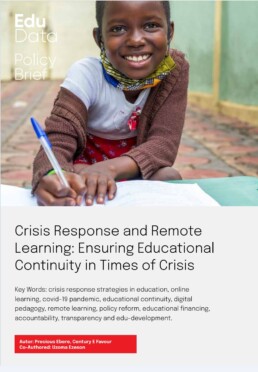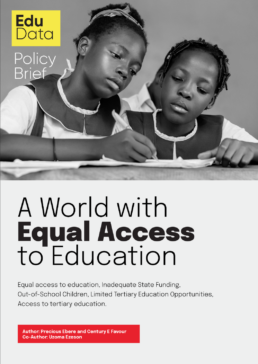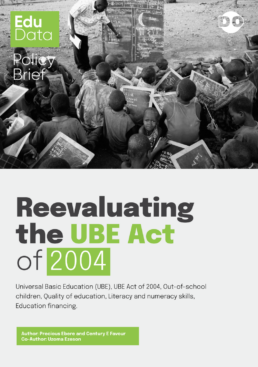DO Women Empowerment Journey
Closing the gender gap and empowering women to participate competitively in the procurement space through the Gender Affirmative Procurement incubators.
The Problem
Despite women accounting for 41 per cent of the ownership of Micro, Small and Medium Enterprises (MSMEs) represented by 23 million female entrepreneurs contributing significantly to economies, women-led businesses receive only 1% of procurement contracts, constituting 20% of the GDP on average. This stark discrepancy, highlighted by the UN, hampers women’s growth and limits the overall economic potential. Globally, public procurement represents 14.9% of GDP in OECD member countries and nearly 40% in sub-Saharan Africa.
In Nigeria, women businesses account for only 1% of procurements at the federal and state levels, with the country spending $1.1 billion on procurement, yet only N4.73 billion reaches women-owned businesses (NACCIMA, 2021)
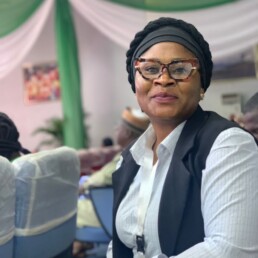
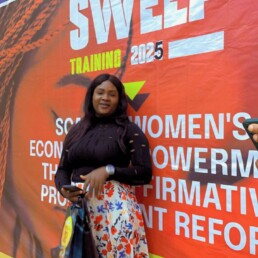
Known Interventions
The African Development Bank, in collaboration with UN Women, initiated Affirmative Finance Action to enhance economic opportunities for women-led businesses in West Africa. The project encompasses policy reform, institutional strengthening, advocacy for gender-responsive supply chain practices, and capacity building for 1360 women-owned businesses and 300 government officials in affirmative procurement. The project also includes specific activities to support the delivery of gender-responsive procurement initiatives in the context of COVID-19 response in the region.
Our Impact Figures
Real-Time Data
Access the latest educational data as it happens.
Data Analysis
Powerful tools to uncover insights and trends.
Simplified Visualization
Make data-driven decisions with ease.
Open Development:
Collaborate and contribute to the platform.
Inclusive Growth
Promoting equality in education.
Service Enhancement
Improve education quality and access.
Our Two-Edged Solution
We partnered with UN Women and World Bank to train women who later won bids in efforts to bridge the gender gap in the procurement space. For two years across 4 cohorts we trained 1167 women on affirmative procurement across 4 cohorts, built their capacity to bid on both public and private contracts. Over 140 bids were won during and after the training by women who participated.
In partnership with World bank, we selected 342 participants, including 10 women with disabilities, 176 from minority and disadvantaged areas, and 162 from urban regions. Of these, 338 successfully
